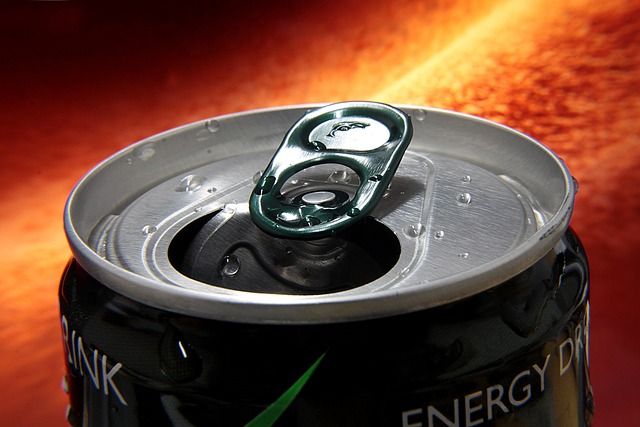Earlier this week Norway moved to ban the sale of energy drinks to children under the age of 16.
A similar ban may be on the cards in Denmark following the Konservative party’s announcement that it intends to ask the Sundhedsstyrelsen health authority to evaluate whether the Danes should follow Norway’s lead.
“Norway is an intelligent country and it leads me to consider whether we should do something similar in Denmark,” Per Larsen, the health spokesperson for Konservative, told DR Nyheder.
READ ALSO: Dentists warn of increase in patients with dental erosion
Caffeine, sugar and bad teeth
Larsen said he will ask the health minister, Sophie Løhde, to ask Sundhedsstyrelsen for an assessment.
Norway’s decision to ban the sale of energy drinks for kids is based on the argument that caffeine has detrimental effects on children.
Additionally, the average energy drink contains nine teaspoons of added sugar.
As it stands, there is no age limit when it comes to the sale of energy drinks in Denmark, though the Fødevarestyrelsen food authority advises against children drinking them.
Last year, a report showed increased levels of dental erosion in young people thanks, in part, to a five-fold increase in the sale of energy drinks from 2010-2019.















